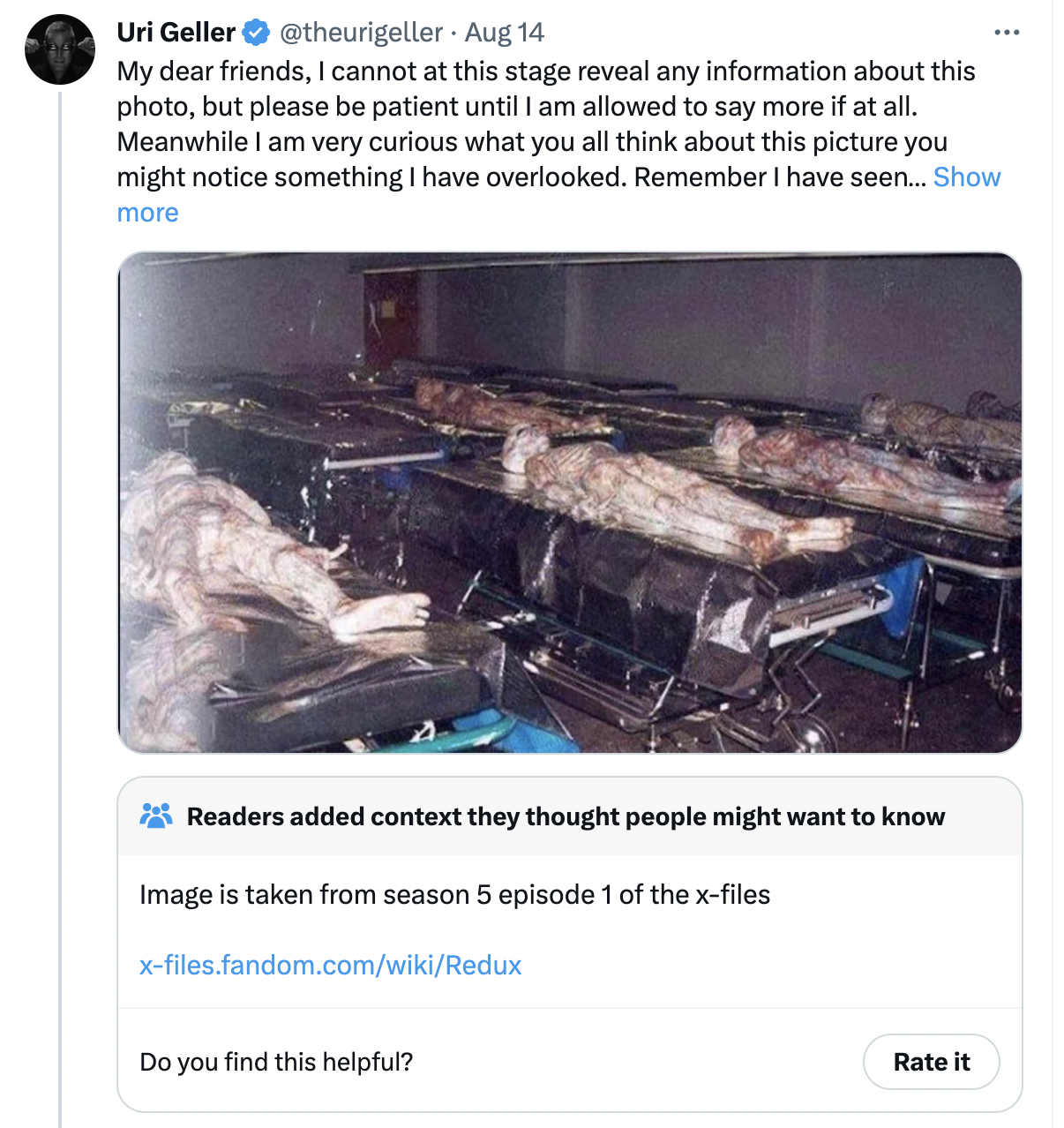Dustings #94
/For a couple of years now, I’ve had two levels of support for this site. A $10 tier and a $25 tier. The $25 tier is limited in number and there is a fairly long waiting list for spots at that level. If you’re a supporter at that level for the full 18-month season, you get that season’s bonus, a hardcover book of (mostly) new material. The $10 tier supports this site, receives a 20+ page monthly newsletter, is on the mailing list for the stand-alone tricks and books I’m releasing (other than the regularly scheduled supporter bonus book mentioned previously) and gets first dibs on any slots that open up in the $25 tier.
This is not an ad, I’m just setting the table for something, and I realize I never mention this stuff so anyone who hasn’t been around the past 18 months might not have any idea what I’m talking about.
Anyway, when I created these tiers, I called them the Friend-Level ($10) and the Family-Level ($25).
It has come to my attention that Ben Earl calls his membership site The Family.
I don’t know who came first or what. It doesn’t matter, neither of us ripped the name off from the other. It’s the most basic, obvious name for a group of supporters there is. Neither of us put any thought into it.
However, to keep things clear, I’m going to stop referring to the $25 tier as the “Family-Level.” Ben can have that designation. He deserves it more than me. He has a Discord, online events, livestreams, etc. What he is selling is definitely more of a “family” and a “community” of magicians.
I, on the other hand, want nothing to do with you all as a group. As I wrote in this post, I have no interest in creating a community. I’m more than happy to hear from you all individually via email, but I wouldn’t want to hang out as a group. I wouldn’t want to get barbecue with you all. And I sure as shit don’t want to hang out in any sort of online forum with you, which is all the worst parts of getting barbecue with you, but without any brisket.
No thanks. I have not seen any online community that is not dragged down by its dumbest members.
Plus, it just gives magicians something else to do besides actually performing some magic for people. You’ll learn more with 5 minutes of actual performing (if you pay attention) than 5 hours spent in an online magic community.
So that’s not my scene.
The $25 tier is not my family. They are the deep pockets that keep this site afloat. They’re the wealthy benefactors who allow me to create tricks and test out ideas as an amateur. So instead of being called the Family level, the $25 tier will now be known as…
Yes, the Rich Uncle Millionaire level.
Thank you for all your support.
The problem with trying to pull off bigger, immersive tricks is that it can amplify how meaningless smaller tricks are. “Oh, look, a ball changed color.” Unless you come up with a more interesting context for that color change, it’s probably going to fall a little flat if the previous week you were doing a trick for them where you reversed time over three nights.
But those little tricks are still fun. So I sometimes like to emphasize the meaninglessness of them by claiming I am a god.
Recently, I’ve started singing this after those types of tricks…
So matches will penetrate each other, or a card will get sandwiched, and I’ll start bending back and forth at the waist and singing, “You know he’s doing it! God is doing a new thang.”
It says: Yes, I know this isn’t quite at the same level as some of the other stuff I do, but I’m having fun so I don’t care.








